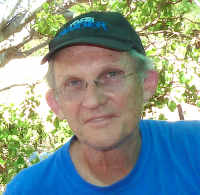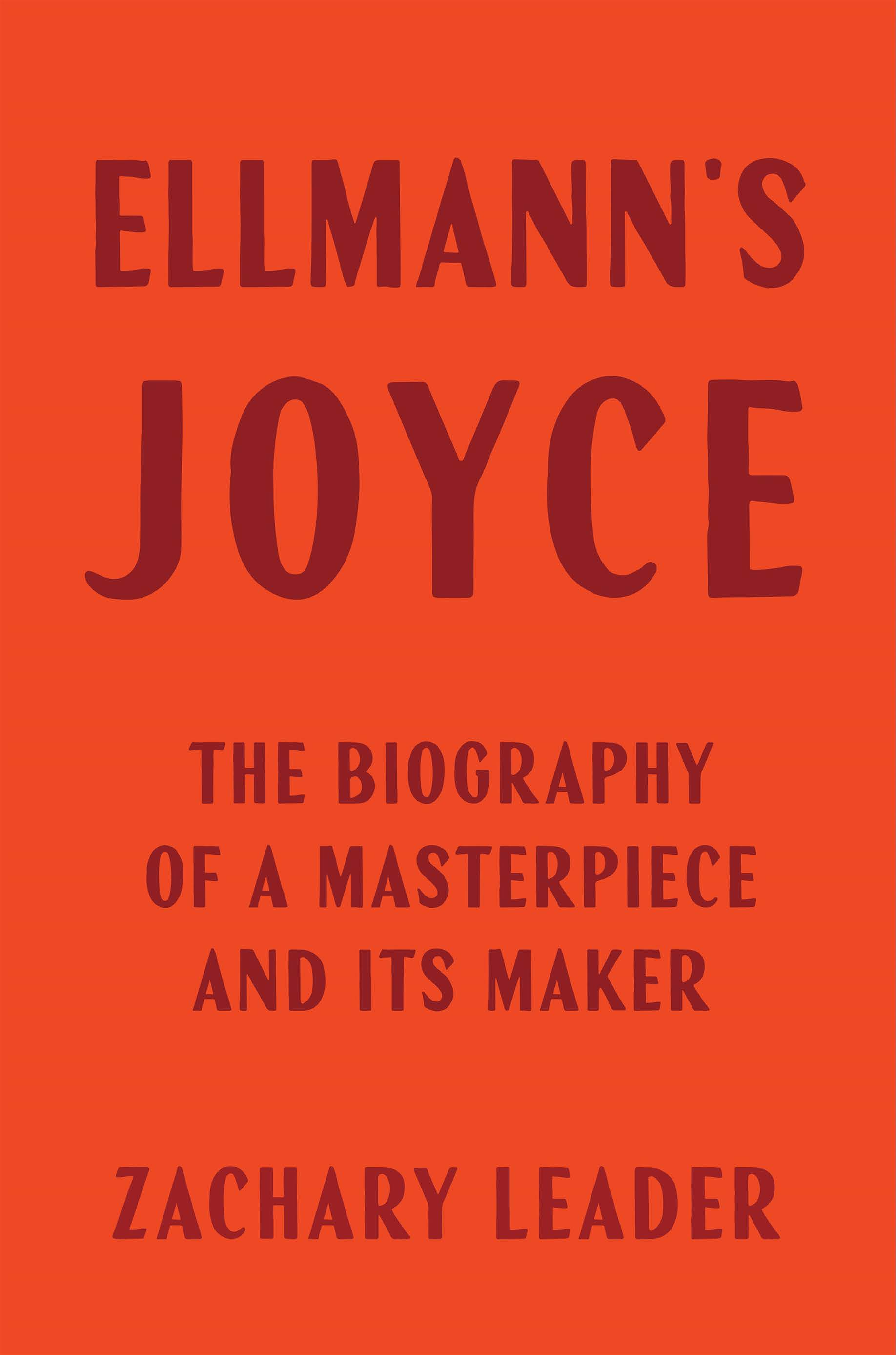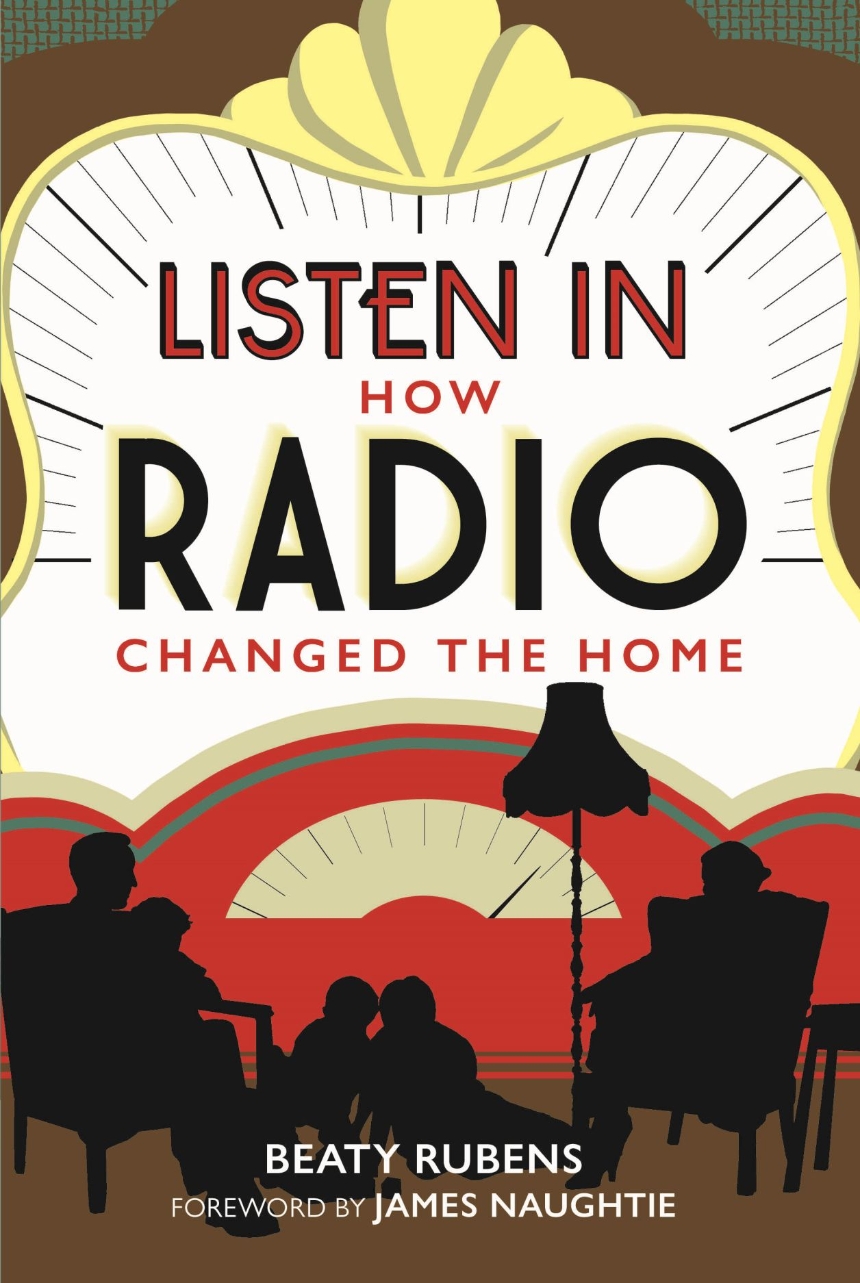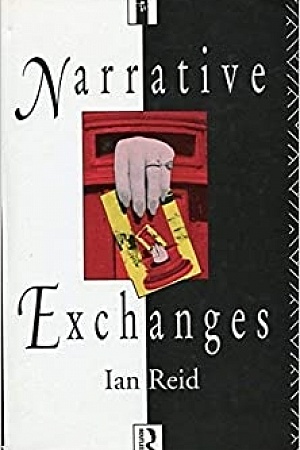Law in a Lawless Land: Diary of a limpieza in Colombia
New Press, US$24.95hb, 208pp
The Cleansing
On the cover of Mick Taussig’s new book, video artist Juan Manuel Echavarria performs a rather clever metaphor for the disintegration of the state. A floral pottery platter with the legend Republica de Colombia para siempre (‘The Republic of Colombia for ever’) is progressively broken up until it is nothing but a pile of white powder: the state as drug cartel.
Taussig is an expatriate Sydneysider who is really only known among anthropologists, but should be appreciated much more widely. In anthropology, he has reached the top of his profession, as a professor at Columbia University, New York, where his innovative methods have set the cat among the pigeons. If you were around Sydney’s pubs in the mid-1960s with the Push, you might have met Taussig as a medical student at the University of Sydney. He practised medicine for a while, then worked his way to London as a ship’s doctor, only to become involved with radical political experiments at the London School of Economics and in the anti-psychiatry movement. After learning Spanish, he headed off to South America, where his medical skills were in demand. There he found the lure of the intellectual puzzlement that was traditional shamanism too strong to ignore, especially as it intersected so strongly with what he was later to call ‘the magic of the state’. What is the essence of this political power whose stories of saints and dead heroes feed off the vitality of the people? How is it that the hallucinogenic medicines and magical cures of the oppressed Indians of the Putumayo in the upper reaches of the Amazon, where colonials plied a murderous rubber trade, were still so much in demand that they could only be seen as cures for a deeply festering historical wound? Thus the ideas that would appear in the book that catapulted him to fame (Shamanism, Colonialism and the Wild Man, 1987) were forming, and by the late 1980s Taussig was already the most significant anthropologist, and maybe intellectual, that Australia could lay claim to.
Continue reading for only $10 per month. Subscribe and gain full access to Australian Book Review. Already a subscriber? Sign in. If you need assistance, feel free to contact us.






 RAI.png)








Leave a comment
If you are an ABR subscriber, you will need to sign in to post a comment.
If you have forgotten your sign in details, or if you receive an error message when trying to submit your comment, please email your comment (and the name of the article to which it relates) to ABR Comments. We will review your comment and, subject to approval, we will post it under your name.
Please note that all comments must be approved by ABR and comply with our Terms & Conditions.